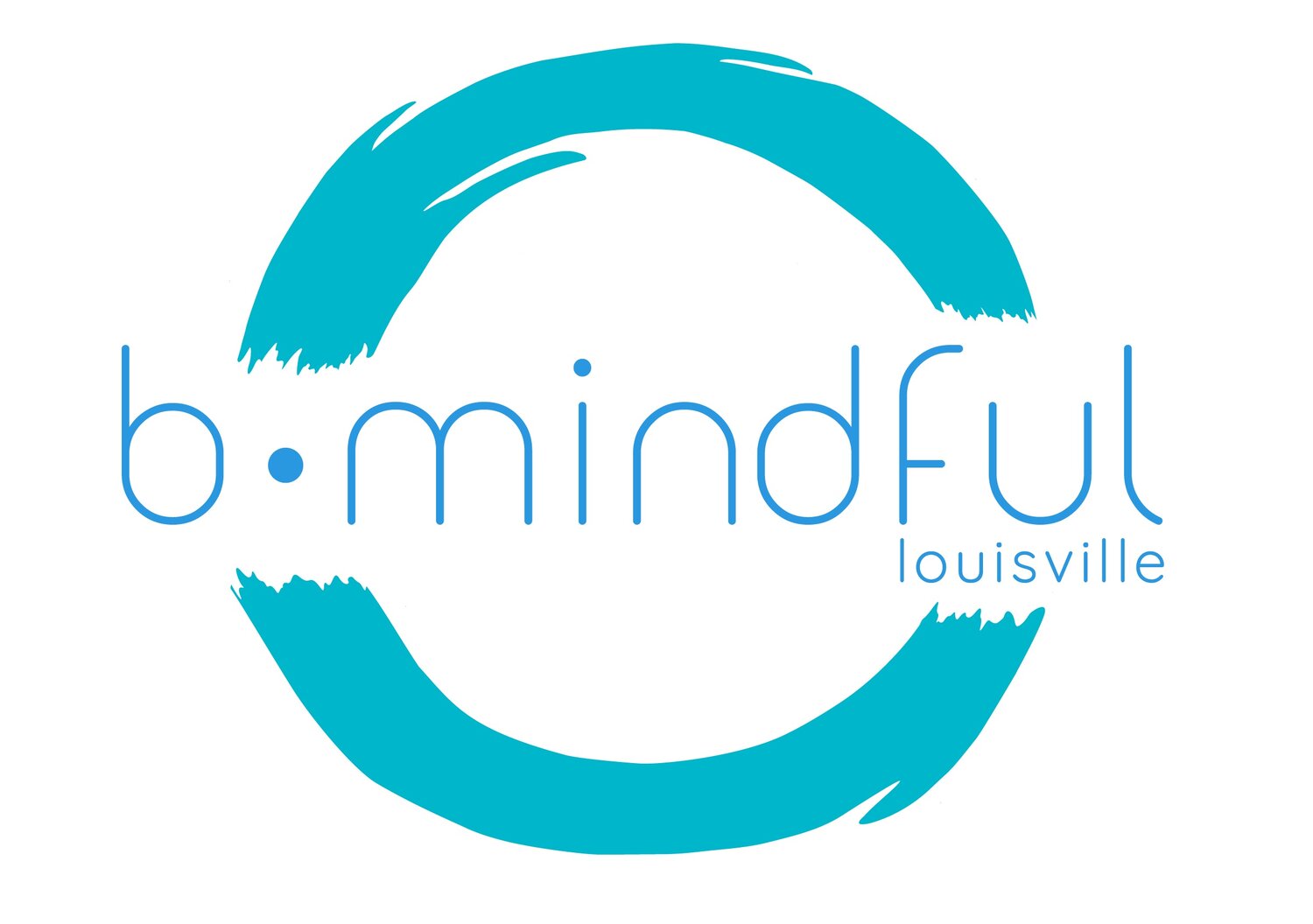Tips For Finding Your Right Therapist
/As part of my “opening monologue” to a new client, I include information about Confidentiality (what you say here, stays here), Cancellations (give me at least 24 hours notice to allow for someone else to take your abandoned spot), and Illness (if you are sick, don’t bring it to me; I’ll gladly return the favor). Additionally, I also include information about what I call “Goodness of Fit”. I encourage my new clients to take the time to figure out if I am a good fit for them.
As a clinician, I am constantly inundated with information about “finding my niche” and serving clients who have issues that I enjoy and/or have expertise in. However, I also believe the “niche” goes the other way, too. Not every therapist out there will be a good fit for you. Take the time to consider several factors that contribute to that decision.
TIPS FOR FINDING THE RIGHT THERAPIST
Therapy is a relationship and finding the right fit is huge. Your therapist doesn’t have to be your very favorite person in the world, but should be someone with whom you feel safe and comfortable sharing.
1. Do Some Research. Search for therapists in your area. (PsychologyToday.com, TherapyTribe.com, and GoodTherapy.com) are excellent resources for that! Look for someone who speaks to you, whose biography excites you and makes you want to meet them.
2. Start With a Phone Call. Even if it’s only for five minutes, asking to speak with your potential therapist on the phone before making an appointment can help you get a feel for their style and energy. Plus, when you come in for your first appointment, the therapist will feel a tiny bit less like a stranger.
3. Give It a Few Sessions. It takes time to get to know someone, so don’t jump to a conclusion about whether your therapist is a good fit right away. However, in cases of inappropriate behavior, rudeness, or anything else that makes you feel unsafe, unwelcome, or uncomfortable, LEAVE and do not return.
4. Don’t Be Afraid To Make a Change. You’re allowed to switch therapists! A professional therapist will not take it personally if the relationship isn’t productive. They will probably feel it, too. I want you to succeed; if not with me, then with someone else.
5. Consider Trying a Different Style of Therapy. There are so many different approaches to therapy! Cognitive Behavioral Therapy (CBT) really is the most popular and often the most effective for lots of issues, but it’s not the only one out there. Maybe you’d do better with someone who utilizes a mindfulness-based approach. Or maybe your ideal fit is with someone who takes a basic psychoanalytic approach.
6. If Accessibility is an Issue, You Are Not Alone. Not everyone has easy, consistent, affordable access to therapy, or the luxury of choice. If you are a student, look into counseling at your school. If you have insurance, call your insurance company to be sure it covers mental health services; if so, how much does it cost? And do they recommend anyone in particular? If you live nearby a university, ask about seeing a (master’s or doctoral-level) student therapist. You can also search for sliding-scale therapists, local support groups, or online therapy (like BetterHelp.com), or talk with your regular doctor about options.
Remember, you are doing a brave thing and you deserve good mental health care. It can be hard to find the right therapist to begin the journey but it’s a hard thing worth doing for yourself.
Blog written by counselor Denise Hutchins, LPCC-S of Acadia Counseling in Louisville, KY
Denise earned her Master’s degree at the University of Kentucky in May, 2000. She has worked in the field for nearly 20 years, accumulating experience with families, children, couples, and adults. She is a Licensed Professional Clinical Counselor and holds an additional credential to provide clinical supervision services for beginning counselors. She specializes in work with adults and couples currently; she provides expert care to those with mood issues and aftereffects of traumatic events. Follow on instagram, facebook and twitter.
The mental health and wellness professionals that practice out of b.mindful Louisville are skilled in what they do. Each specializing in their own area and caring for their clients in their own unique way.
If you need help finding the best human helper to meet your specific needs, email us for one-on-one assistance.
*The information and resources contained on this website are for informational purposes only and are not intended to assess, diagnose, or treat any medical and/or mental health disease or condition. The use of this website does not imply nor establish any type of therapist-client relationship. Furthermore, the information obtained from this site should not be considered a substitute for a thorough medical and/or mental health evaluation by an appropriately credentialed and licensed professional.


